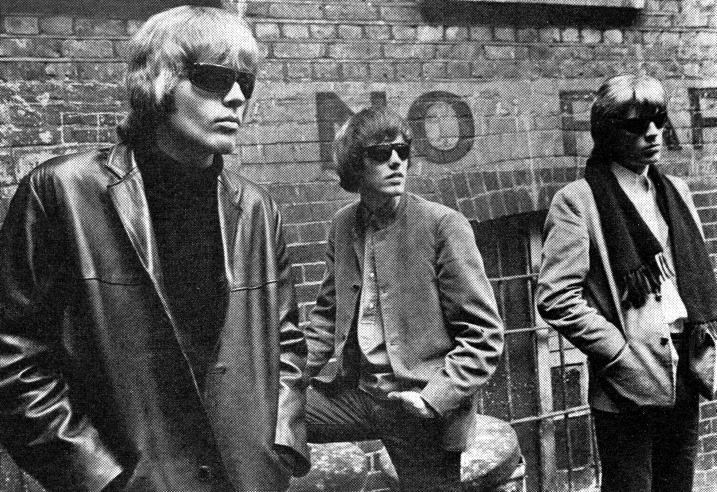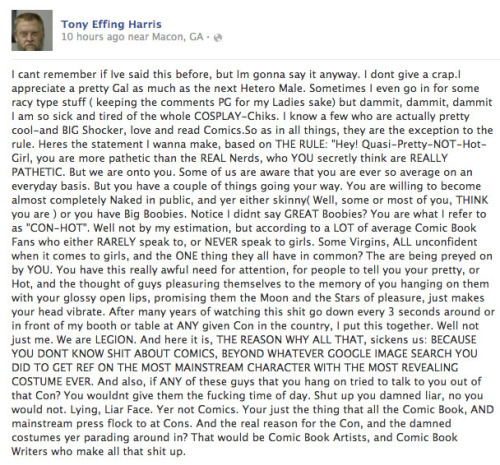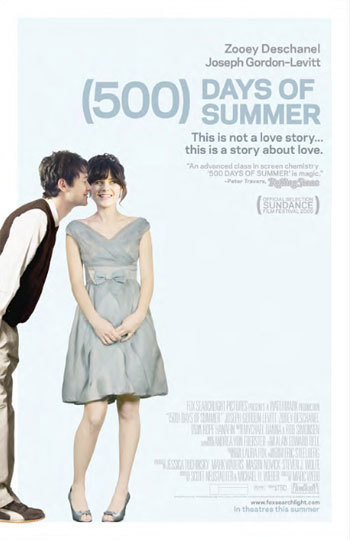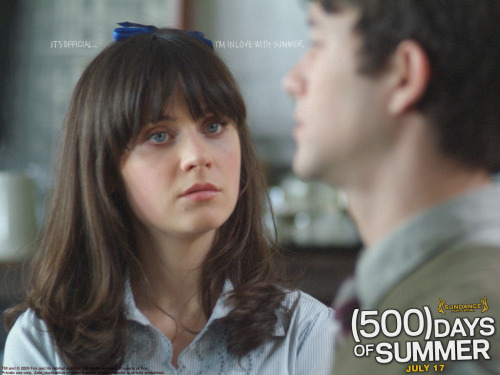Today, we'll start with one of the most influential, and one of the most enigmatic men in rock music.
It's difficult to talk about Scott Walker without speaking in hushed tones, without treating him as some sort of minor musical god, and shading his history in such a way to make him seem like legend. To be fair, the man has led a very interesting life. A Californian high school drop-out with a taste for European art and culture, this is a man who at one point was the most adored young singer in the United Kingdom, and now unwinds by doing interior decorating. His work nowadays is like the soundtrack to a Kafka story, nightmarish existentialist soundscapes laced with surreal humour, in between producing Pulp records and collaborating with Bat for Lashes. His music has influenced so many, particularly his records from the 1960's, he's like Year Zero for indie music: David Bowie, the Smiths, Neil Hannon, Jarvis Cocker, Goldfrapp, Damon Albarn, Radiohead (to the point "Creep" was informally dubbed "(their) Scott Walker song")
If you're into alternative rock, understand that Walker is probably your favourite musician's favourite musician.
Scott and John had been performing across California for a while now as the Walker Brothers; John was annoyed at people pronouncing his surname as "Moose" and so adopted a stage name. Scott also took the surname "Walker" - both tall, blond and handsome, they could be mistaken for brothers, and there was a nice ring to the name "The Fabulous Walker Brothers". Given that they never played their own instruments, instead using experienced session players - Gary wouldn't even play drums live - the sheen of plastic to the name is fitting. While they were regulars on the Sunset Strip, particularly Whisky-A-Go-Go, they never had any breakout success, but Gary Leeds, the soon-to-be third Walker Brother, had recently come back from a tour in the UK with singer P. J. Proby, and encouraged Scott and John to take a visit to the swinging scene. They ended up signed to Phillips Records by John Franz - and, conveniently, avoiding the draft for Vietnam.
In 1965, London was rapidly becoming the hippest place to be, daddy-o, especially when it came to music. The British Invasion had begun, with The Beatles, the Rolling Stones, The Kinks and The Who all making waves in the US, psychedelic rock was laying down the roots for the oncoming wave of prog (acts like Pink Floyd and Cream), and Radio Caroline was merrily broadcasting all kinds of rock music the BBC wouldn't play from its two stubborn ships in Felixstowe and Harwich.
It was the time to be young and gay and merry, but the Walker Brothers offered an immediate contrast. For one, rather than British musicians conquering the Colonies, they were three young handsome American gentlemen coming over to grace the Sceptred Isle, elegantly dressed and effortlessly cool, compared to the Stones' rugged sneering "don't give a hoot" attitude and the Beatles' cheeky fresh-faced teenybopper reputation. They sang of doomed romance and loneliness from songsmiths like Bacharach, Gaye and Newman, with a rich full Wall of Sound-esque comprised of big sweeping orchestras amongst tight rhythm guitars; a sense of melancholy hung about their work, one that resonated with a Britain that still had scars from the war.
More than anything else, though, they had Scott's voice. Back on the Strip, he'd just been the bass player while John was lead vocalist, and an early Walker Brothers cut, "Pretty Girls Everywhere", featured him as such, but failed to go anywhere. For the song "Love Her", a deeper voice was required, and it was this rather than "Pretty Girls" that got radio attention. Since then, Scott had become the de facto face of the group. And oh, what a voice, dear reader. Just so you know I'm not waxing romantic, listen to one of their best songs, a cover of Frankie Valli's "The Sun Ain't Gonna Shine (Anymore):
Those of you who watch The Walking Dead may recognise this from one of the first trailers. It's a cracking song in its own right, and Scott's voice is one of the main selling points, a smooth deep baritone that pleads with his sweetheart to shed loneliness and let him in, or else the celestial bodies themselves will cease to be. It's a sentiment so overwhelmingly romantic it sounds downright hysterical when put in text divorced from the music, but then everything about this is big and grand and clawing its way towards Heaven.
At one point, the Walker Brothers were the biggest thing in Britain. Their official fan club had more members than The Beatles' did, although this is not to say they had more fans altogether than the Fab Four. They were massive, is me point, and their concerts would last maybe one or two minutes before screaming fans would rush the stage. This didn't sit easy with the shy introverted Scott, who never got used to the wild attention and was always more interested in music. The resulting tensions, creative differences (for there are always creative differences, it would seem) and a reported suicide attempt by Scott led to the group splitting up, with Scott pursuing a solo career.
The first hint of Scott's ambitions as a musician lay in the B-side to the single "Deadlier than the Male", a baroque little number called "Archangel". Six months before "Whiter Shade of Pale", the Gothic organ refrain was recorded at the Leicester Square Odeon, using the cinema's in-house pipe organ. Inspired by Bach and filled just as much with images of kitchen-sink drama as it was the supernatural, the single failed to get further than the Top 30, and so "Archangel", with its Gothic depiction of post-war London, sadly went unnoticed.
The self-described "classic bore at the party", Scott's interests were cultural and intellectual, particularly classical music and European cinema, and so he got a kick out of seeing characters from Ealing comedies inhabiting the streets of London. It was while drinking at the London Playboy Club that he was introduced, by a girl who took him back to her place, to Jacques Brel, the Flemish chanteur who Scott declared to be "the most significant singer-songwriter in the world". A painfully shy man whose live performances always resulted in him sweating more than Lee Evans in a walk-in oven, and who sang of gonorrhea, sadomasochism, Amsterdam, sons lost in war and the cowardice of men, Scott identified with Brel instantly, and it was through English covers of his work that he began to strike out as the thinking man's pop idol. Breaking free of the teen idol image is always a tricky one, but I can't imagine a more violent attempt to burst out of that cocoon than by singing songs about "authentic queers and phony virgins":
The albums soon became dominated with his own compositions, and he began to emerge as a singer-songwriter more and more with every release. The common assumption is that there are two iterations of Walker: the intellectual crooner, like Sinatra for the Left Bank; and the modernist composer who came along out of nowhere. The division isn't quite that simple as people believe; you had the influence of Brel on tracks like "The Girls from the Streets" and "Montague Terrace (In Blue)", but what seems to pop up more often is the vivid, dreamlike fantastical imagery that would dominate his modern work. I'm going to try and let them speak for themselves, so listen to the posted tracks, but I'll also include some choice excerpts.
Also from Scott 3, we had "It's Raining Today", and people wondering how modern Walker came about need listen no further than the first couple of seconds and its unearthly string section - not quite discordant but not really musical either, it hangs over the record and sets the tone so well.
His first few solo albums were top sellers, but that run of good fortune came to an end with Scott 4, which failed to chart and was soon deleted, with Walker slowly fading from the limelight in the process. There are many theories as to why 4 failed to chart while Scotts 1-3 did; the most common is it being released under the name "Noel Scott Engel", while Scott attributes it to most of the songs being written in 3/4. Personally, I think people were just getting tired of this particular brand of chamber pop dripping in syrupy orchestrations. Musical tastes were changing: King Crimson, Deep Purple and Procol Harum were leading the charge of the Progressive Rock Brigade; the Stones had their legendary Hyde Park concert in tribute to Brian Jones; and so there was no real want or need for his brand of velvety ballads.
A shame, as some of his finest work is on Scott 4:
Now entering a period of recording covers of other people's songs to earn a living, Scott had - culturally speaking at least - fallen by the wayside. 1975 marked a Walker Brothers reunion, more out of desperation if anything; their brand of MOR charm appealed to their new demographics of housewives and mothers, and they achieved some limited success, including a UK Top Ten single with a pretty nice cover of Tom Rush's "No Regrets".
I still haven't heard anything quite like this in recent memory.
After Nite Flights, Scott disappeared. Well, he might as well have, there's little to no information available about what he got up to in the time between then and his 1984 album Climate of Hunter, which was somehow even more ambient, spaced-out and disjointed than any of his four tracks on Nite Flights. A cult following had sprung up around this time, spearheaded by Julian Cope re-releasing twelve of Scott's original songs as an LP called Fire Escape in the Sky: The Godlike Genius of Scott Walker. Climate took a while to release; a notoriously slow writer and composer, Scott hired a cottage in the New Forest and spent his time trying to capture the resulting isolation in music form. It's a very odd, polarising album, with "Sleepwalking Woman" and its gentle orchestra being the closest to a "traditional" Walker piece.
This is about as "pop" as Scott would get after a while, working with contemporary musicians like Billy Ocean and Evan Parker and bearing some resemblance to New Wave and post-punk. But even as poppy as these songs sound, they're still pretty strange, with a kind of spaciness about them that would seem out-of-place anywhere but here. Half the tracks didn't even get names. Reportedly the lowest selling album in Virgin Records' catalogue, time will no doubt be kinder to it.
It would be another eleven years before the release of Tilt, an avant-garde nightmare of an album filled with bleak modernist imagery and a synthesis of classical, industrial and electronica. If Climate of Hunter was ahead of its time, then Tilt is the kind of pop music that would probably be made around 2105. Scott went through the underworld of his own depression and nightmares and emerged, like Orpheus, bringing dark new treasures with him. I listened to it in full a while ago with some trepidation, as every review of it indicated it was full of doom, doom and new caffeine-free doom. I actually quite liked it, but it isn't something I'd buy and you need to adjust to it; Tilt isn't here to entertain you, it wants you to shut up, sit down, and get lost in the dreamworld.
There's a palpable aura of menace around it; you'll start singling out individual instruments and sounds thinking they sound nice, but there's something...off about them, not quite discordant but not sounding right. Tunes and melodies are stretched to breaking point, as though your enjoyment is being tested, and the bizarre stream-of-consciousness lyrics only add to the unsettling nature: "halo(es) of locust", "Lemon Bloody Cola", "a man with brain grass", and the weird reference to To Have and to Have Not - "Ya know how to whistle put ya lips together and blow". It's like the soundtrack to a Samuel Beckett piece, or a Francis Bacon painting; maybe T.S. Eliot, as there always seems to be a method to his madness. (Plus, American living in London, seems like a natural fit.)
"Farmer in the City" is still an achingly beautiful track, though:
I'll freely admit, his 60s stuff is more my bag. Tilt and The Drift require a certain mindset to listen to/appreciate, and even though I enjoyed the former more than I expected, it's not an easy album at all. I do have to respect a man who can remain so enigmatic even in modern day, where I can look up every cough I've made on Google PhlegmWatch, and who can afford to do his own thing musically, even if it's not my thing.
But the 60s albums, Scotts 1-4, they feel timeless. I don't know anybody else who can sing about heartbreak quite so beautifully and yet not feel self-indulgent. Bands like The Cure cry and scream out their frustrations and worries to whoever and invite you to have a good old wallow in darkness. I never get that with Scott Walker. It's like stepping into a bath, or a baptismal font; you just let everything negative and horrible wash away into the aether, chased out by angelic strings and heroic trumpets. Scott invites you to get lost in his dreams, worlds where boys fly away on balloons, where you can shake hands with Charles de Gaulle, reminisce about train window girls, and follow two young soldiers limping their way back home. His is a voice that still manages to sound hauntingly beautiful no matter how sharp and tortured he makes it in Tilt or Bish Bosch.
It's the voice of an archangel - magnificent yet terrible.

























